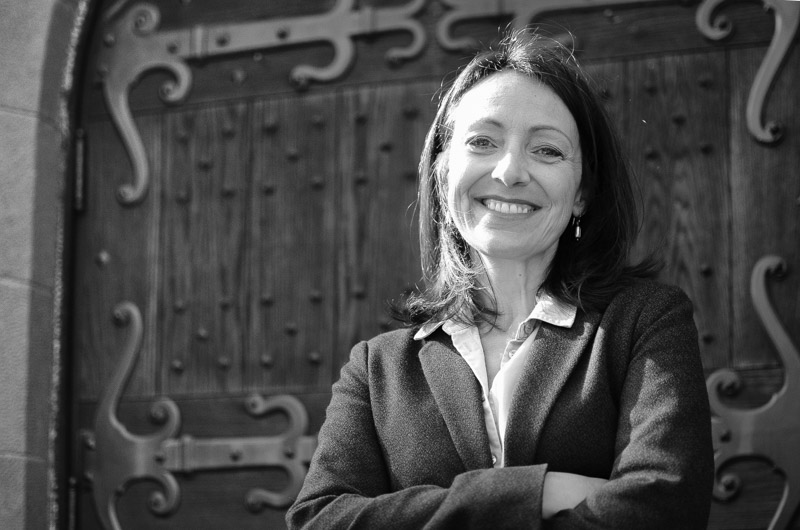
Anyone who grew up in the eighties or had children in the eighties will most likely associate these words with the anti-drugs campaign that spanned the US and the UK. My only recollection of “Just Say No!” as a young teen is the “Grange Hill” song. These lyrics still reverberate in my head. The song is not great. Consider yourself warned if you decide to google it– it’s an earworm.
Wars on drugs aside, these words are a useful refrain for women in academia. In fact, I wrote this little mantra on a sticky note and pinned it to my desk where it remained for a number of years. I did not take it down until I trained myself to pause before accepting an invitation to write, speak, or join someone else’s project.
Why did I need my sticky so prominently placed?
- The first reason is positive. I love to inspire people and so if you invite me to speak I’m going to want to say “yes” in the hope of encouraging/educating some folks. I also find other people’s projects interesting and so being part of these is fun for me, another “yes.” Lastly, I’m a team player and enjoy contributing to something other than just my own work. However, these days I am invited to do more than is physically possible. Learning to say “no” was essential for me.
- The second reason is negative. During my PhD, I was concerned that each invitation would be the last one and so I felt that I must say “yes” because no further invitations would follow. This was a real issue for me early on in my academic career and even now it’s occasionally present as a background voice. One could say that it’s an academic version of FOMO. An older, wiser and more experienced friend suggested that I keep a list of invitations I’d refused. This was good advice. I still keep that list because I find it a helpful record and it reminds me that another invitation is around the corner.
Why is saying no so important for women in the academy?
- Your own life matters. Your time matters. Your research matters. Does saying “yes” mean that you’ll miss out on valuable time for your own research and writing? Or, dare I say it, will you miss out on time for something “fun”?
- Avoid burnout. Saying no helps manage time and energy so that you don’t take on more than you can realistically achieve.
- Creates a new culture of healthy boundaries (much needed in the academy).
- Makes space for someone else to respond. Even better if you know someone who might like to say yes to and would benefit from the opportunity.
- Better to say no to that invitation to contribute to an edited collection than to let people down in a few years’ time when you realise you cannot meet the submission date.
So, you’ve politely declined. What happens next?
- Often, nothing. Sensible people will accept that whatever they are asking is not for you at this time.
- Sometimes, there will be pushback. Not so long ago, I was invited by an editor of a peer-reviewed journal to write a piece contributing to a series he was running. He framed the invitation flatteringly, explaining that he could not think of any scholar more suitable for writing this particular piece than me (really!). I wrote back politely, explaining that I could not commit to the article because I simply have too much on my plate (I’d just moved jobs and was going through all te things for relocation). Rather than thanking me for my response he tried again, “But we really want a woman to write this and I don’t know any women other than you in your discipline” (reader, I kid you not!). I remained firm in my original response and he now ignores me at conferences. I can live with that more easily than if I’d given in and written the article for him. But, why do I share this little tale? Because women will sometimes experience pushback but it’s worth standing your ground.
To be clear, I’m not suggesting that we should be declining every invitation we receive. But with so many people burning out after the pandemic we need a culture of pausing before we respond. Taking time to weigh the pros and cons. Chatting it through a colleague if we are unsure.
If you can’t think of any reason to say “yes,” then “Just Say No.”

Gabrielle Thomas is Assistant Professor of Early Christianity and Anglican Studies at Candler School of Theology of Emory University. She is ordained in the Church of England and serves as Theologian in Community at St Luke’s Episcopal Church, Atlanta. Her publications include The Image of God in the Theology of Gregory of Nazianzus (Cambridge University Press, 2019), For the Good of the Church: Unity, Theology and Women (SCM Press, 2021) and articles in Modern Theology, Scottish Journal of Theology, Exchange, and Ecclesiology.
